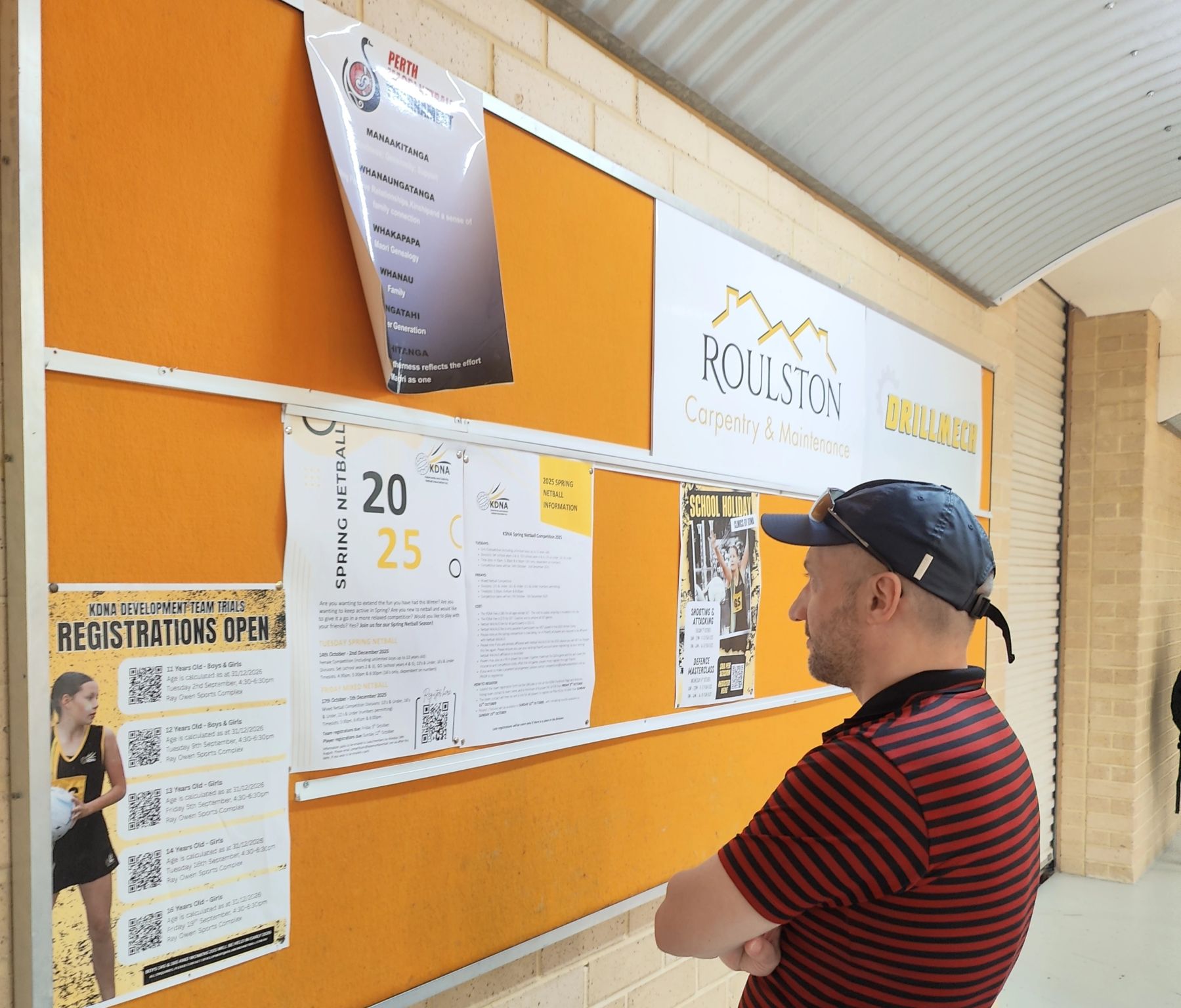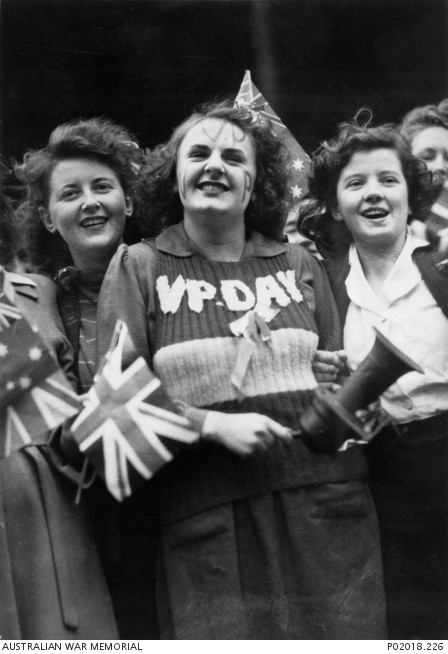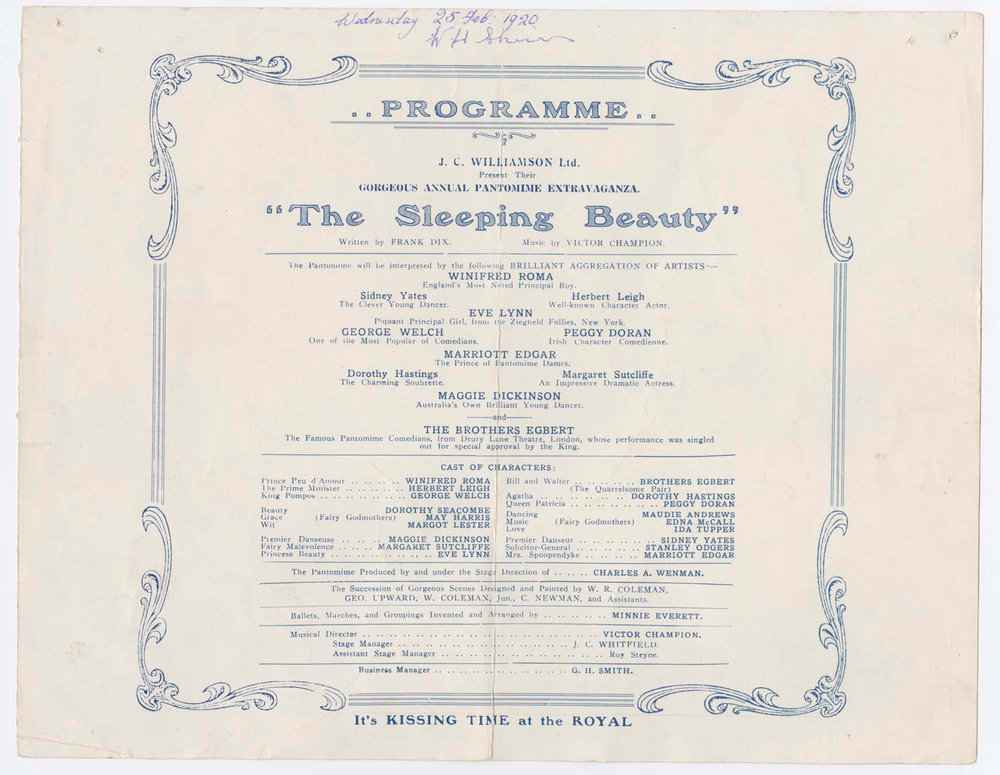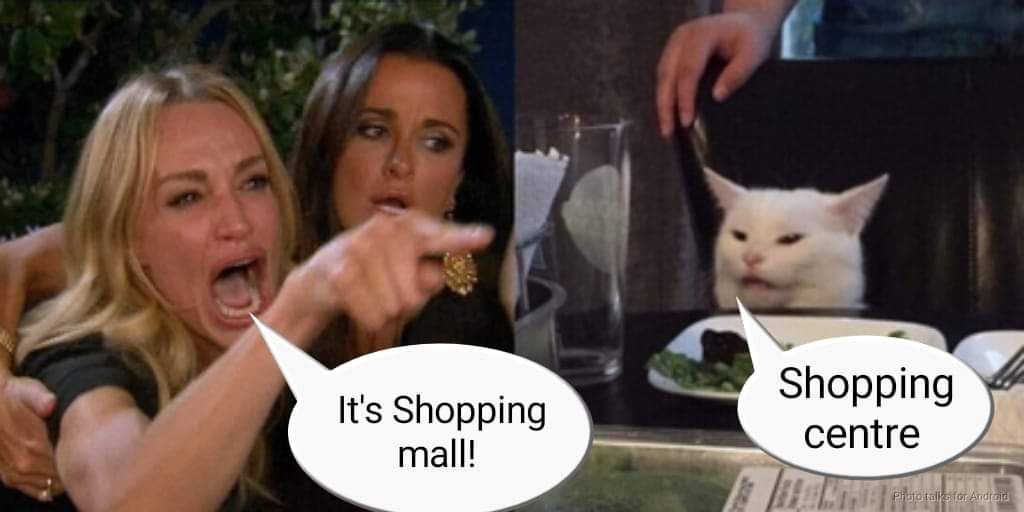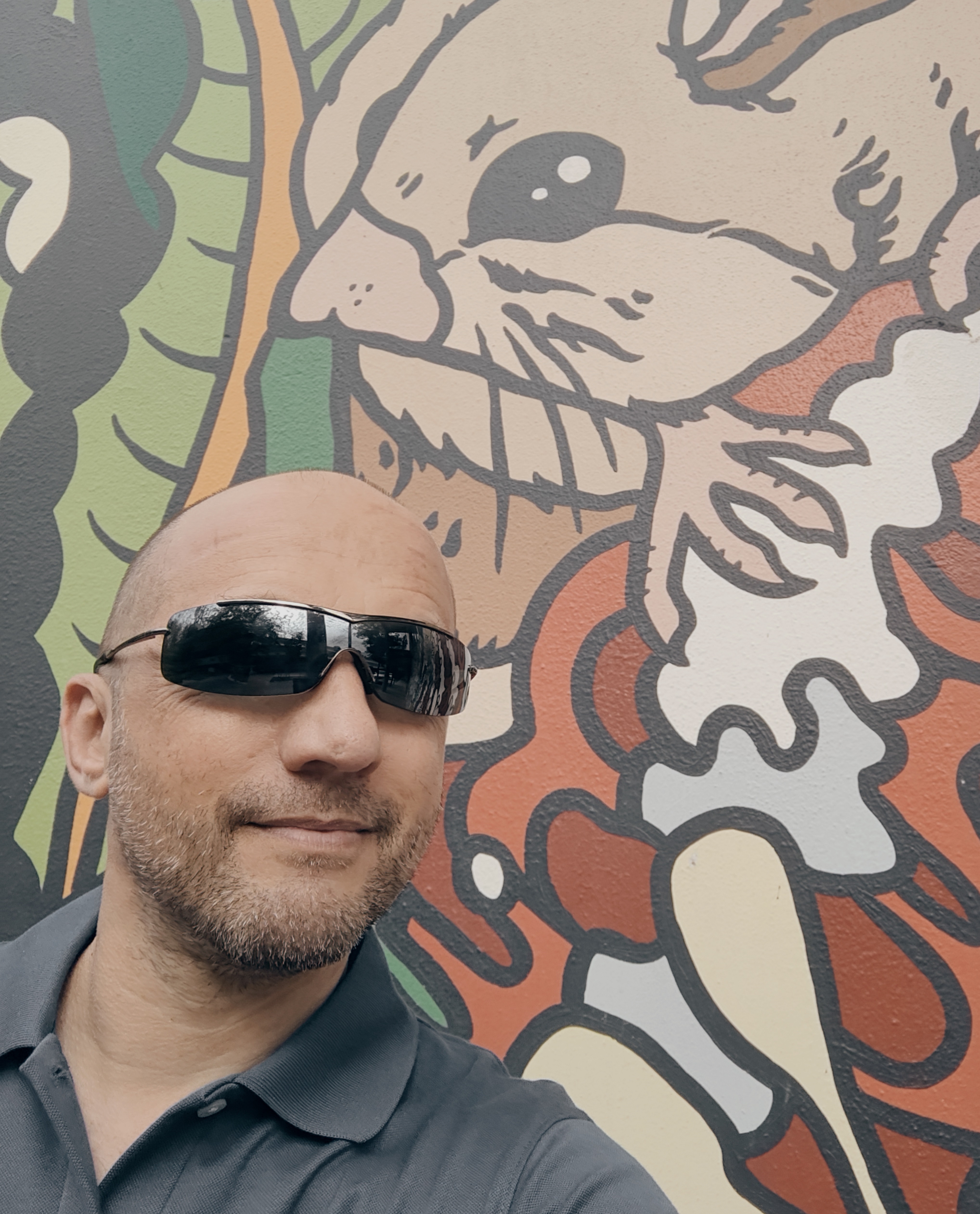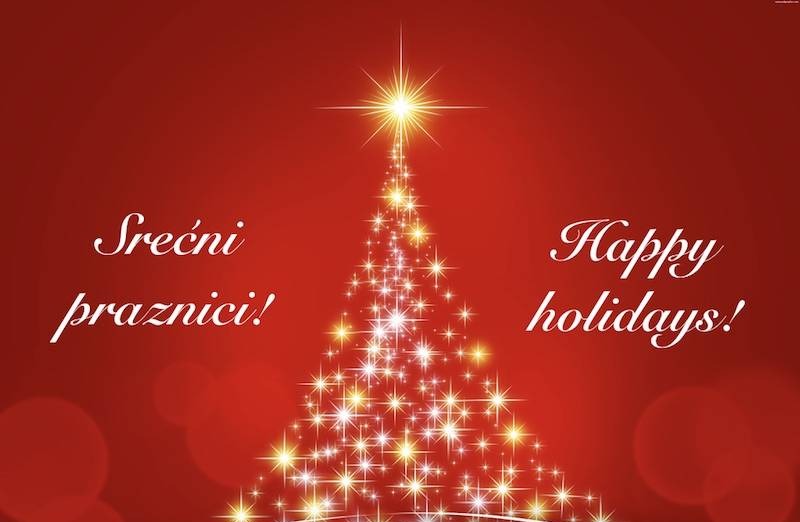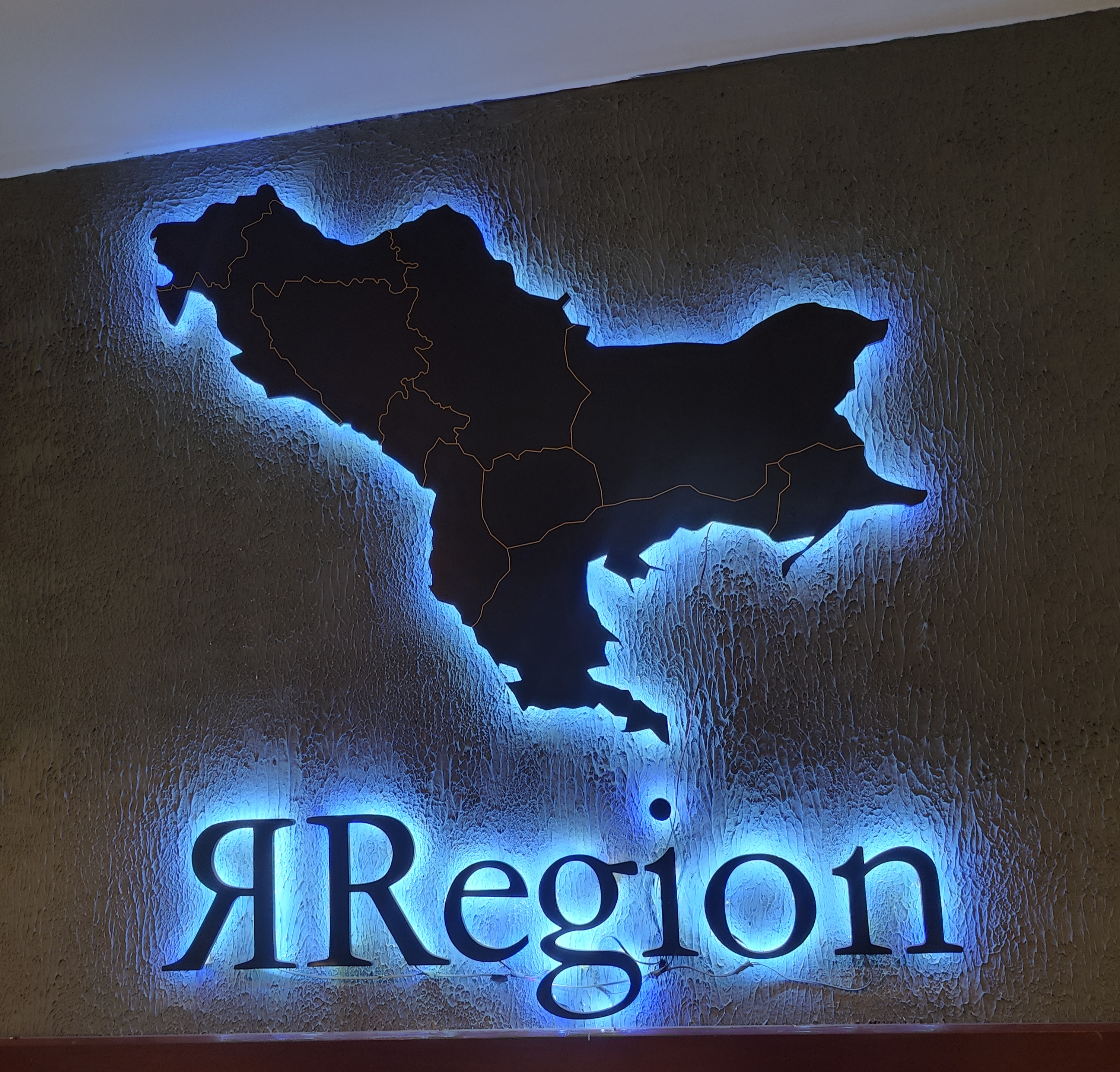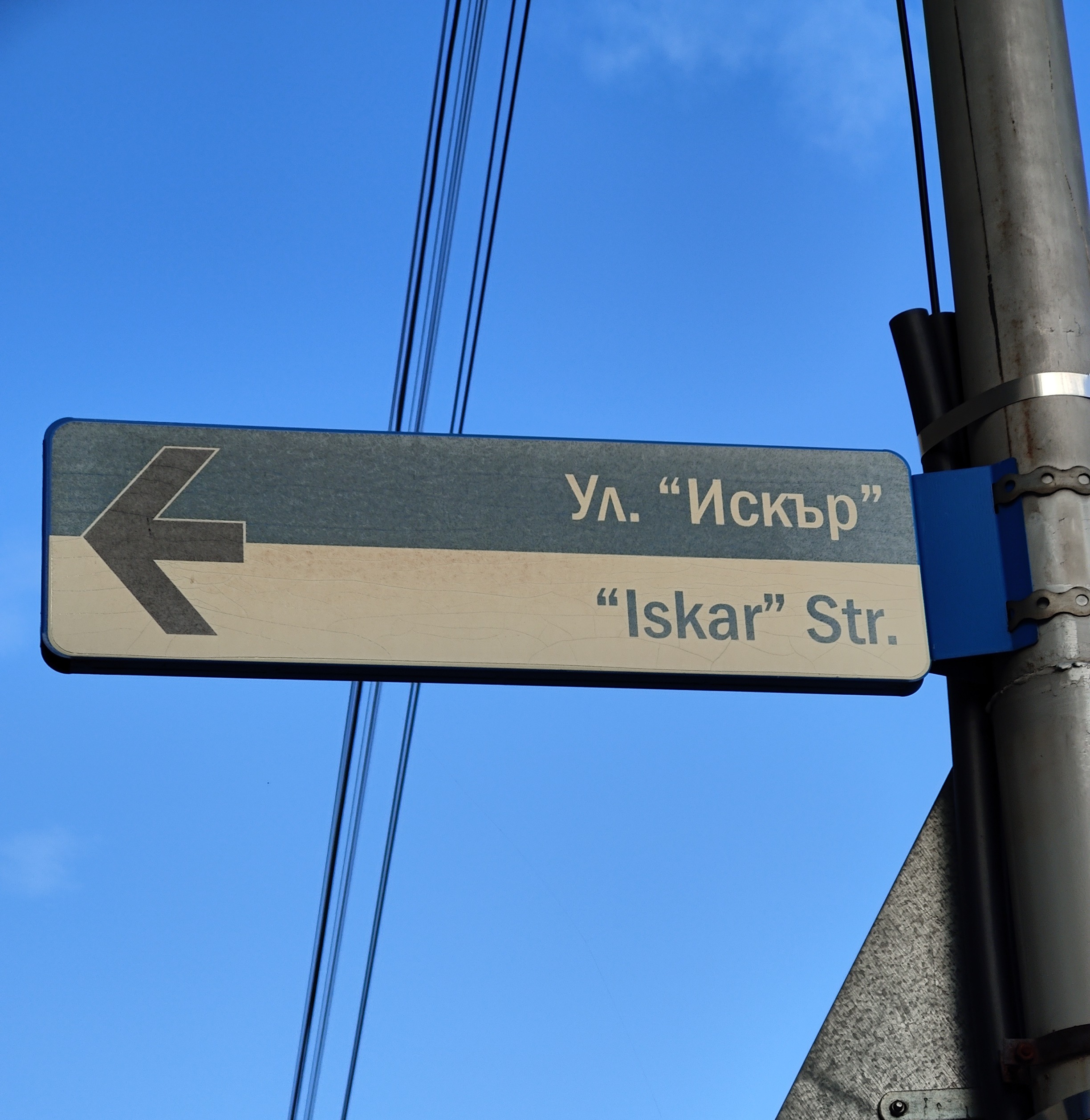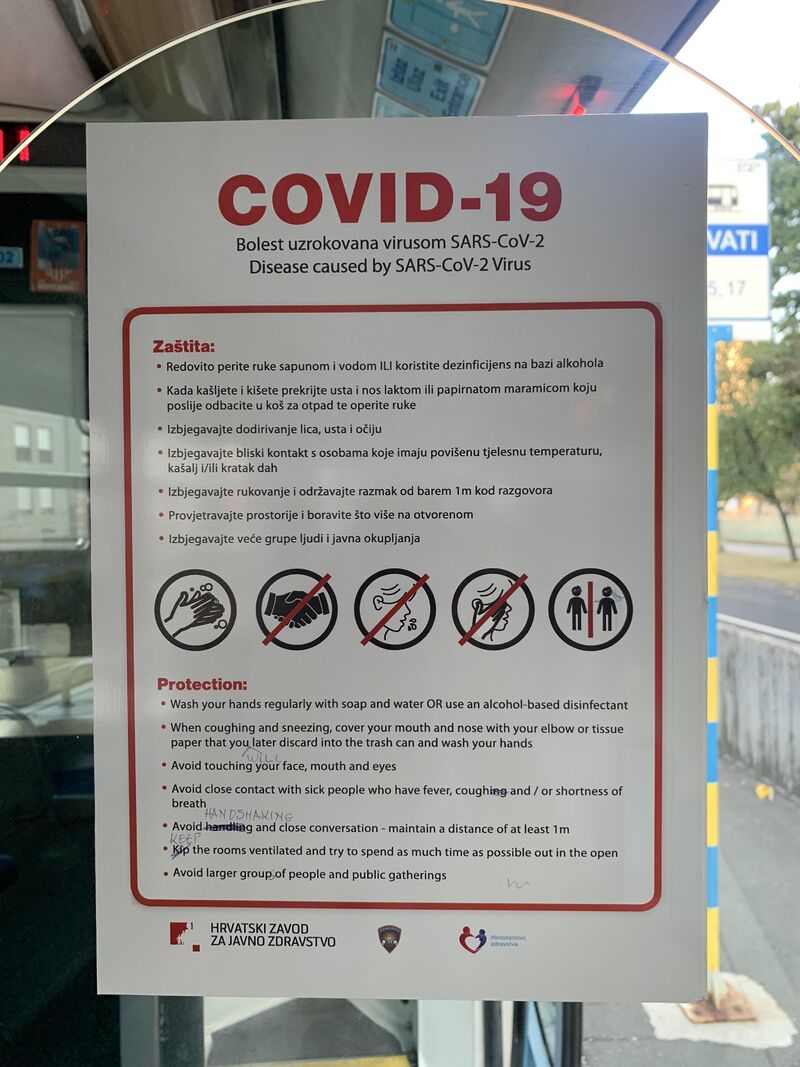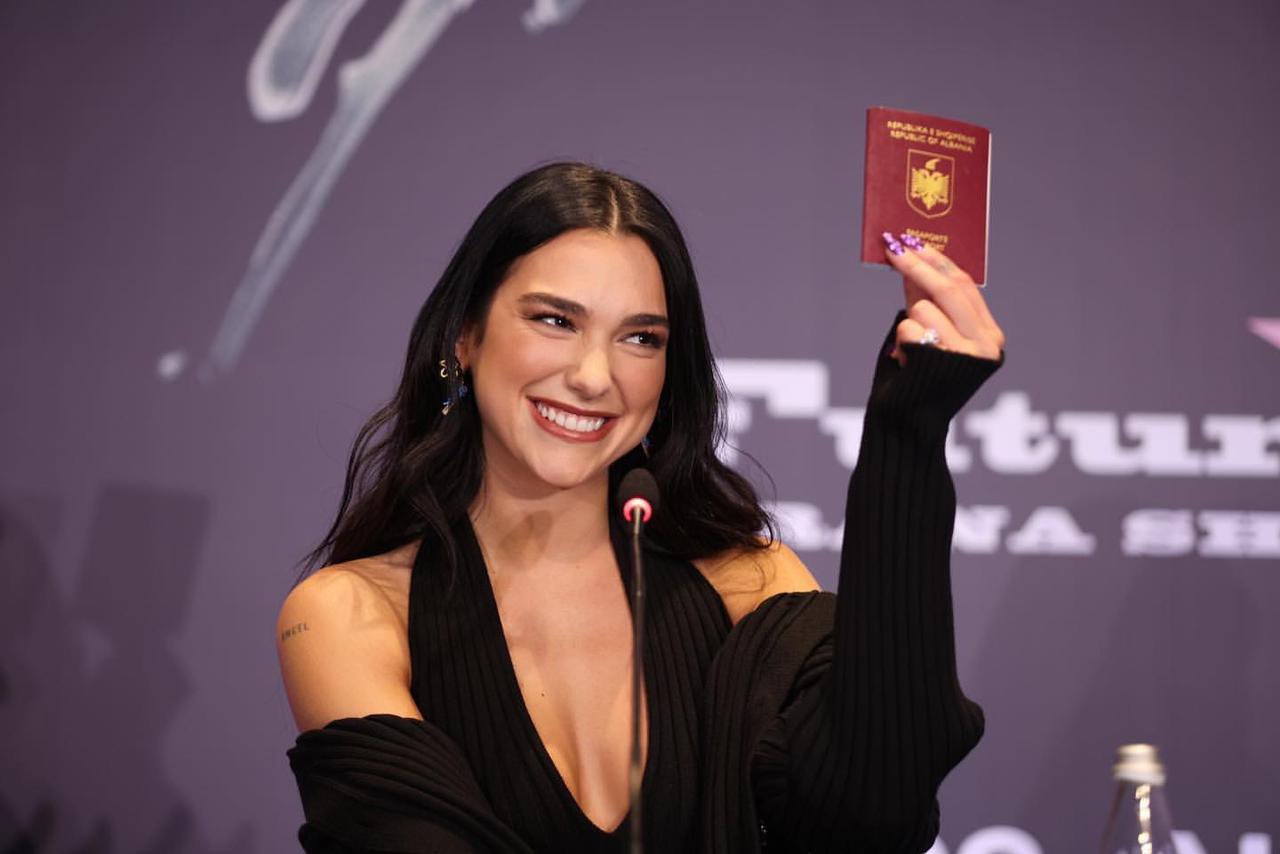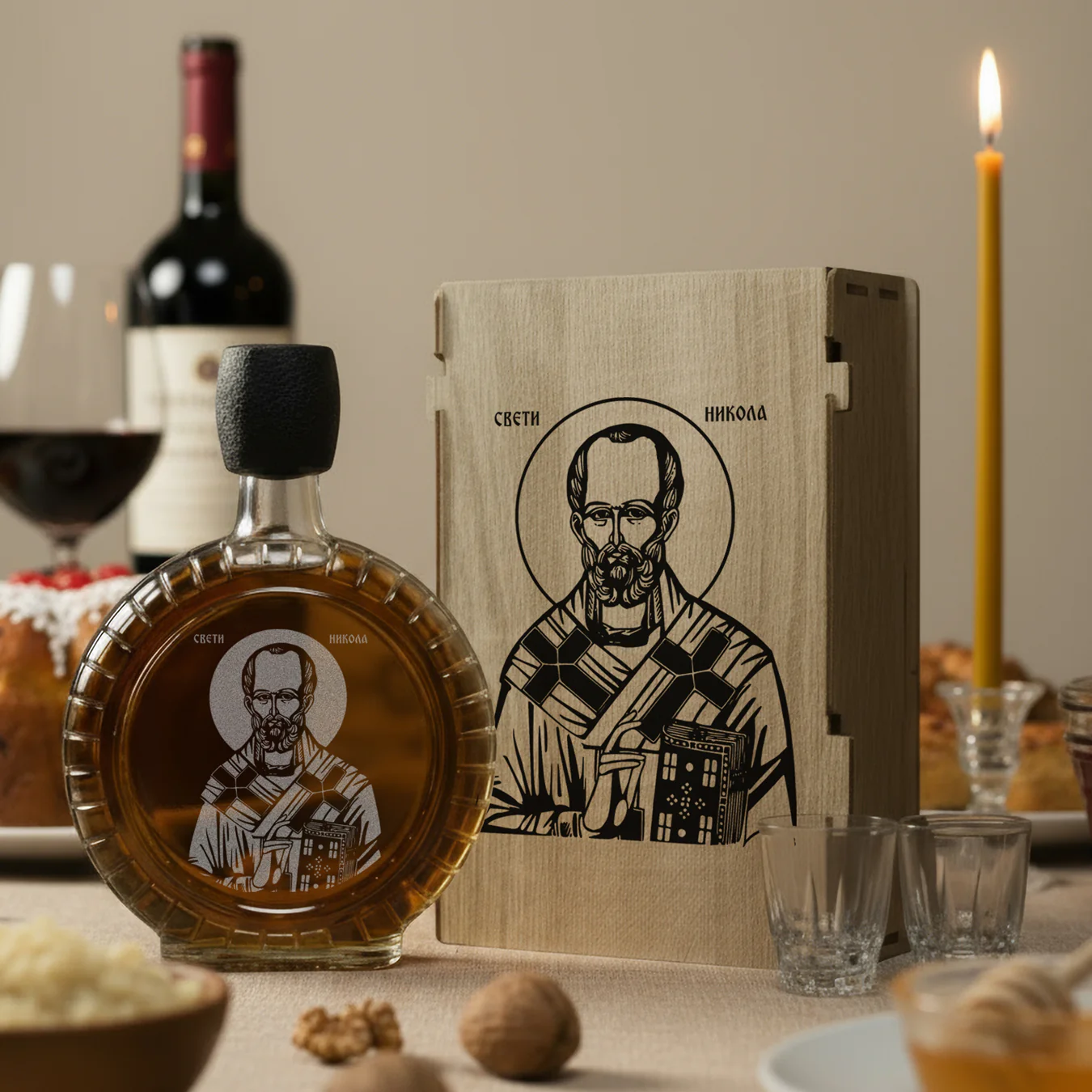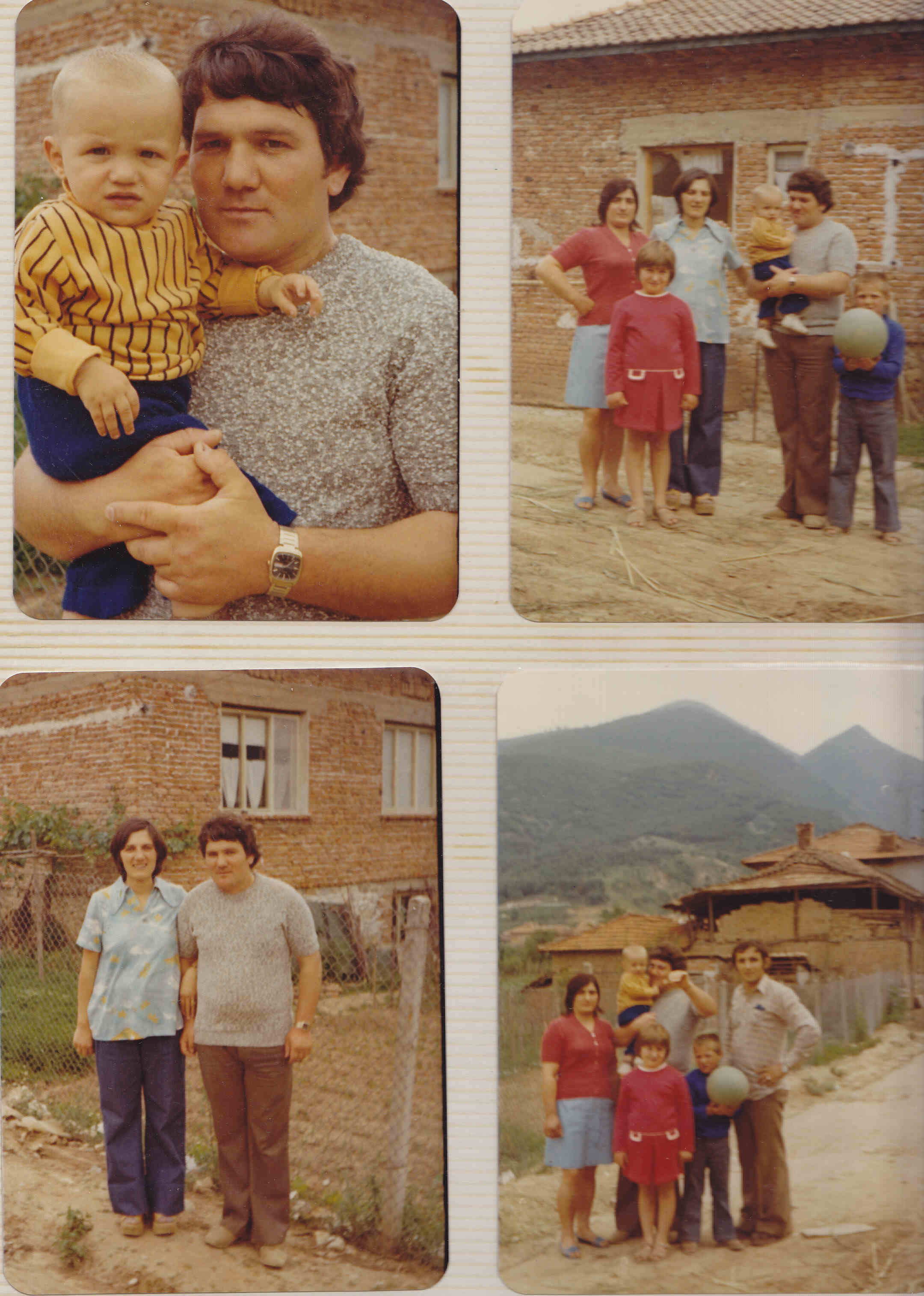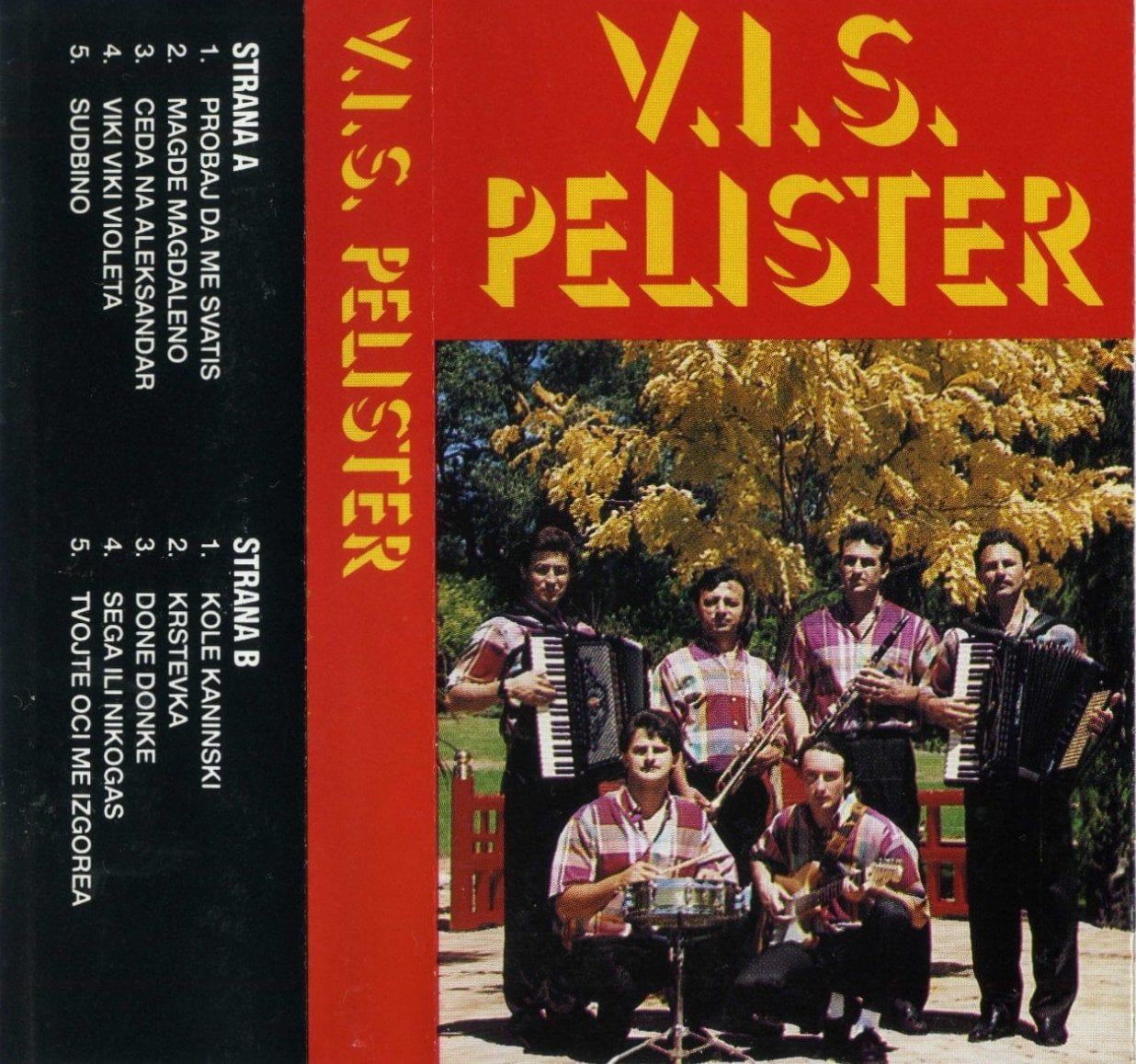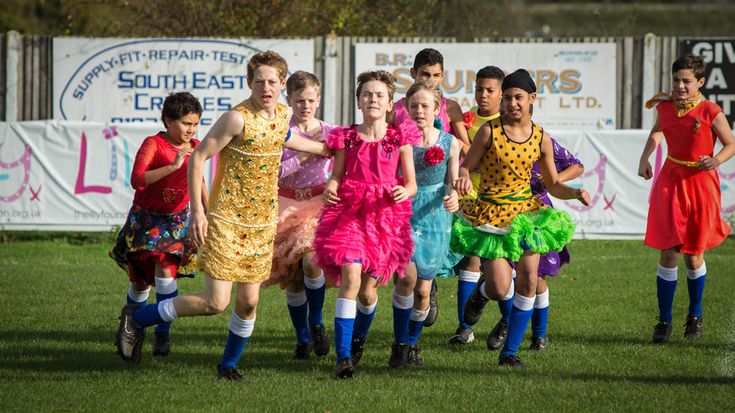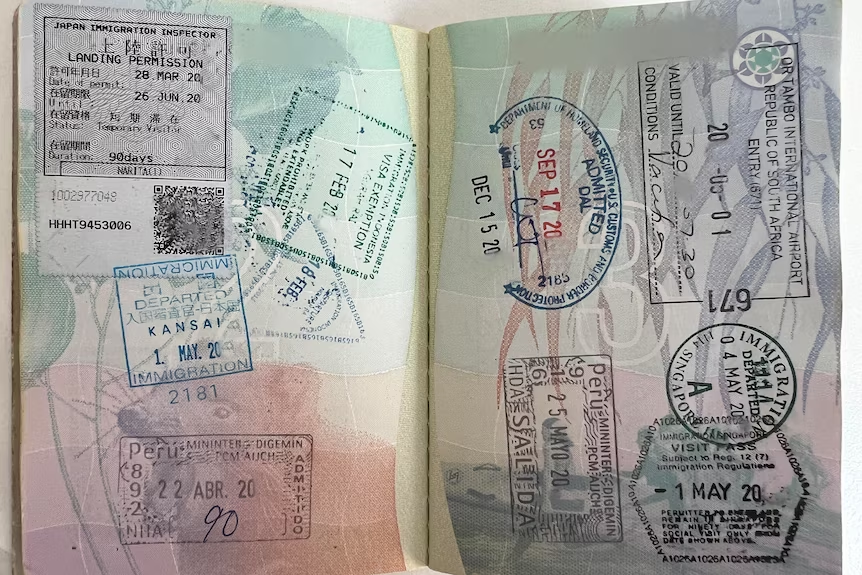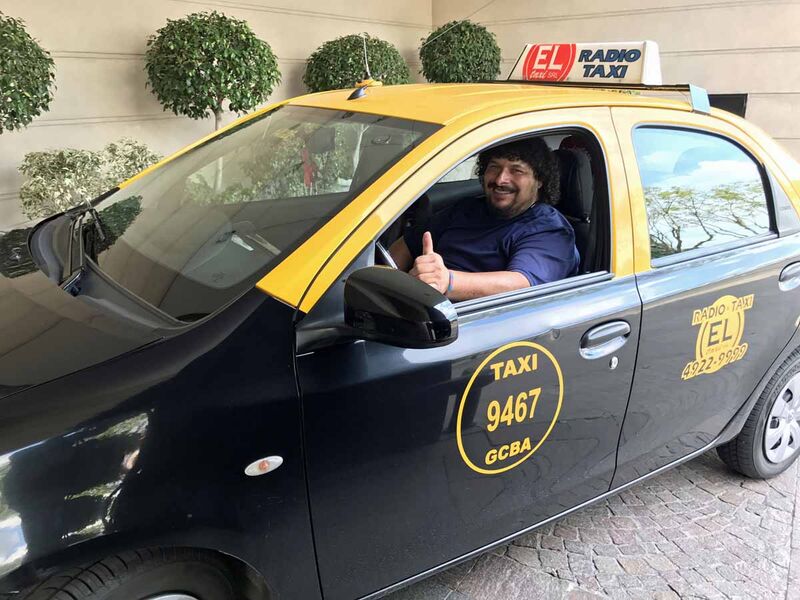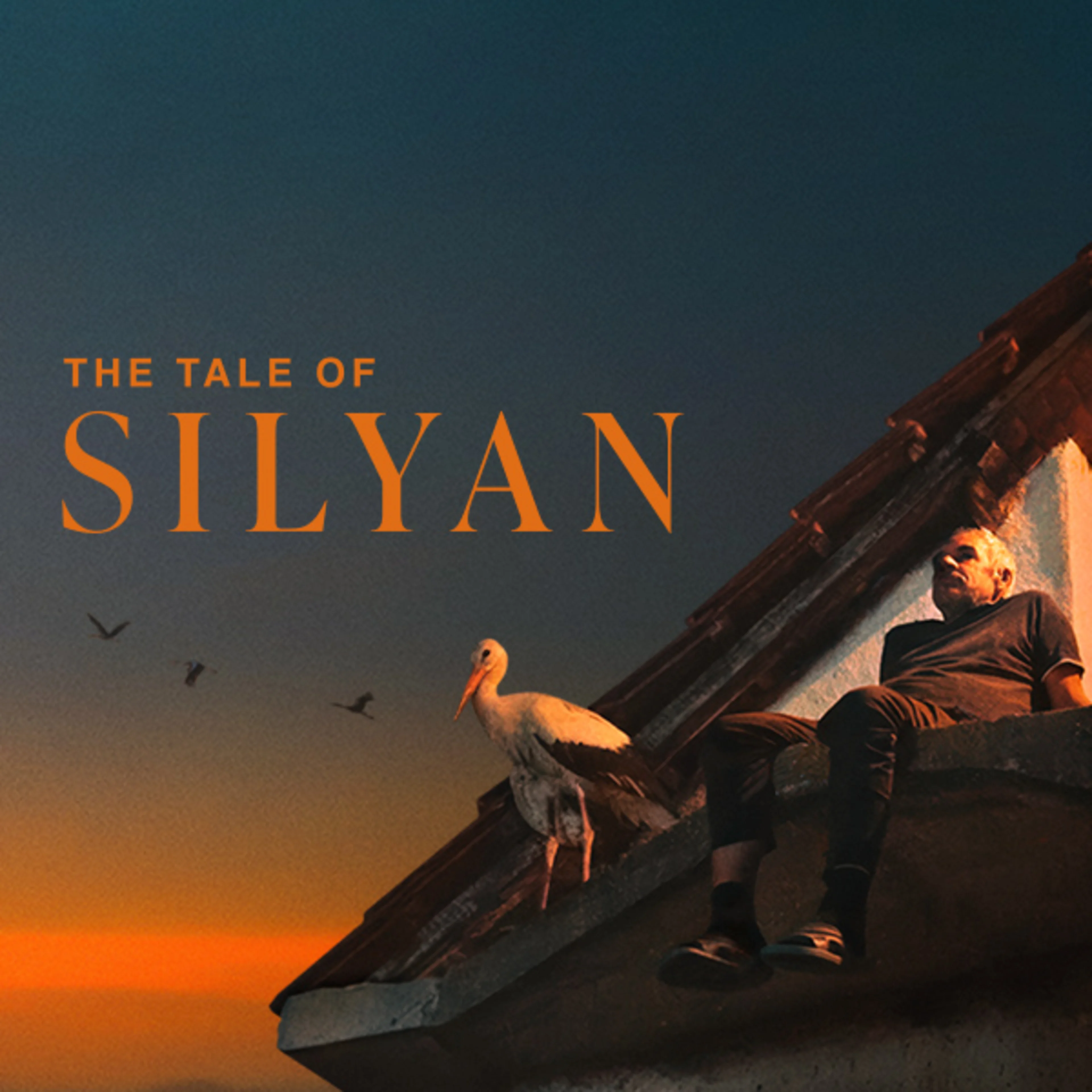So who’s having a “crazy coupon” this weekend?
Wait! A crazy coupon?
What’s that?
This is the literal translation of the quintessential Bulgarian term “луд купон” (lud kupon). It’s the Bulgarian way of saying “wild party”
So how and when did the Bulgarians decide that a “coupon” also means “party”?
Well, no one really knows really, but if you want to get Bulgarians talking, start this topic up on any social media platform and watch the fireworks go off!
- Some claim that the “coupon” refers to those given as a reward for exceptional workers during communist times granting them entry to fancy, i.e. hard currency-only, venues.
- Others claim the “kupon” is from the early 1990s when for a brief period the local currency was in the form of “coupons”, so having any meant having a fun time as using them up quickly was imperative when inflation was through the roof and ate up their value.
- On a linguistic basis, it could come from the term “куп” (“kup”), meaning “a gathering of people”, though why then -on was added, not a typical Bulgarian ending, makes the relation more of a coincidence.
Of course there’s also a verb to go with it: купонясвам (“kuponyasvam” meaning “to party”), so this weekend there’ll be people who купонясват жестоко (party hard)🥳.
But like most languages, Bulgarian too has a number of other interesting words known in linguistic circles as “false friends”, i.e. “words in a different language that look or sound similar to words in a given language but differ significantly in meaning.” Here are some to confuse…
1. Дансинг ("Dansing" i.e. Dancing)
When groovy Bulgarian hoofers say they want to take you to the “dancing”, they mean the “dance floor”. Interestingly, when Dancing with the Stars was on Bulgarian TV, it was called Денсинг старс ("Densing Stars" i.e. Dancing Stars) with an “e” to avoid any confusion. But before Bulgarians took on this English word, a clear space for dancing was called a “teren”, which usually in Bulgarian does mean “terrain” as in English.
2. Джендър ("Djender" i.e. Gender)
Strictly speaking, "gender" should only be used in Bulgarian as an adjective just like you would in the original English (i.e. "джендър идентичност" – "gender identity"). However, in colloquial Bulgarian speech and on social media, "gender" has transformed into a (pejorative) term for "transgender person" or used to describe anyone who does not conform to the strict gender roles in force in mainstream Balkan society (similar to "queer" in English).
3. Лейбър ("Leyber" i.e. Labour)
A term widely used by Bulgarians in the UK for what otherwise is a "labourer". How come the final "-er" fell off is not clear but it could be a slight corruption of how Bulgarians hear and interpret the way many English people pronounce "labourer" ("lay-buh-ruh" or "lay-bruh").
Wishing you have yourself a “crazy coupon” this weekend and burn the “dancing” with your cool moves! And let's do it with a song. Here's Kamelia, one of Bulgaria's veteran pop-folk stars, singing about having a "lud kupon" to the happy holidaymakers on Bulgaria's Black Sea coast. Kupon!
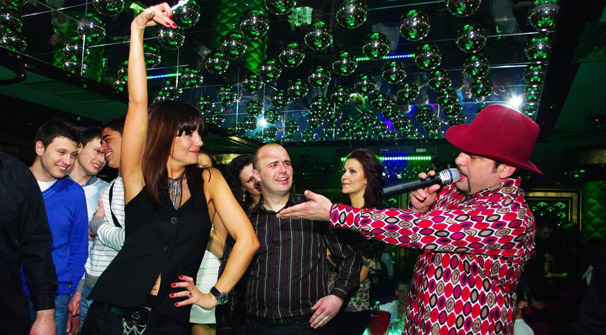


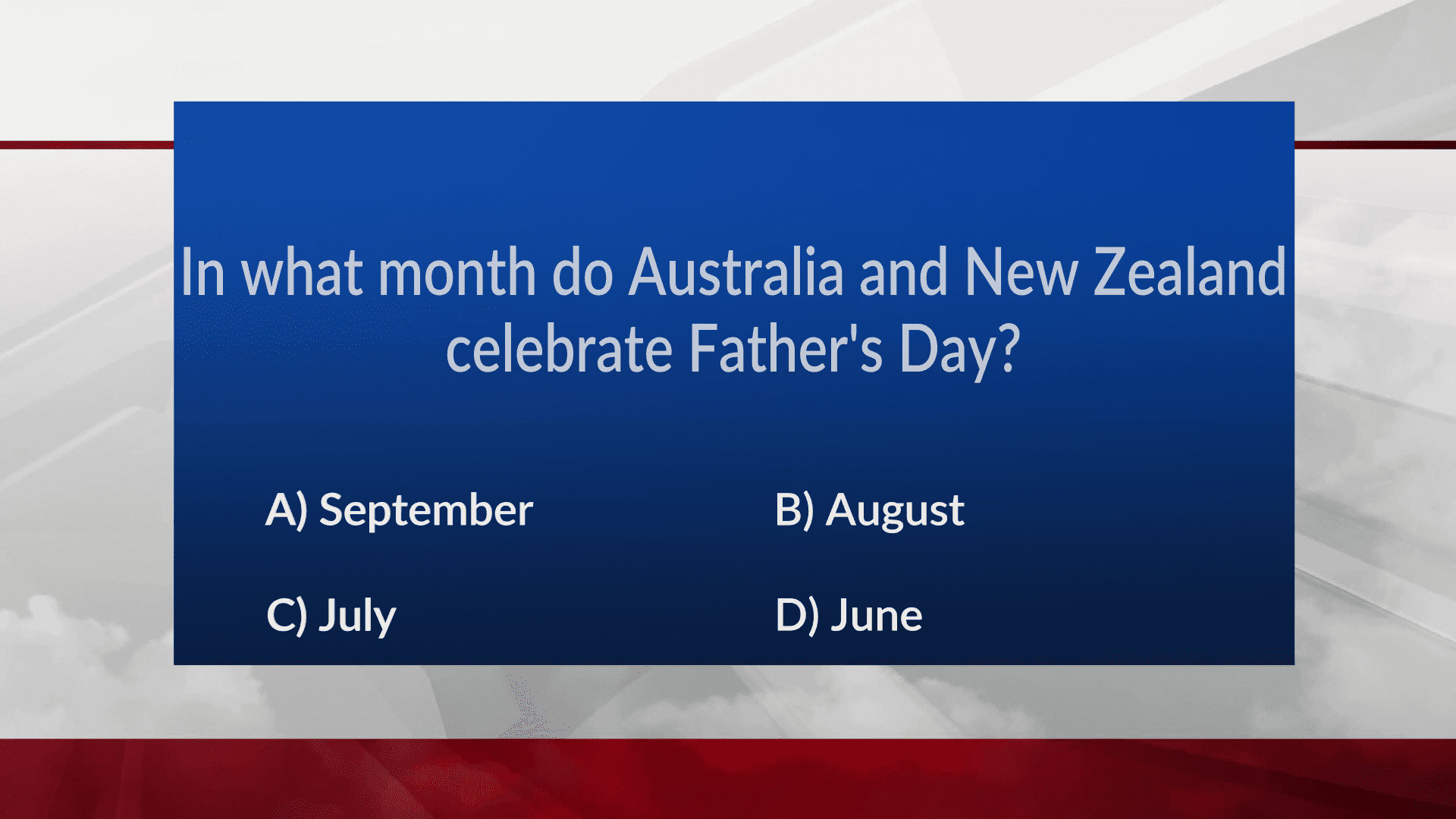


















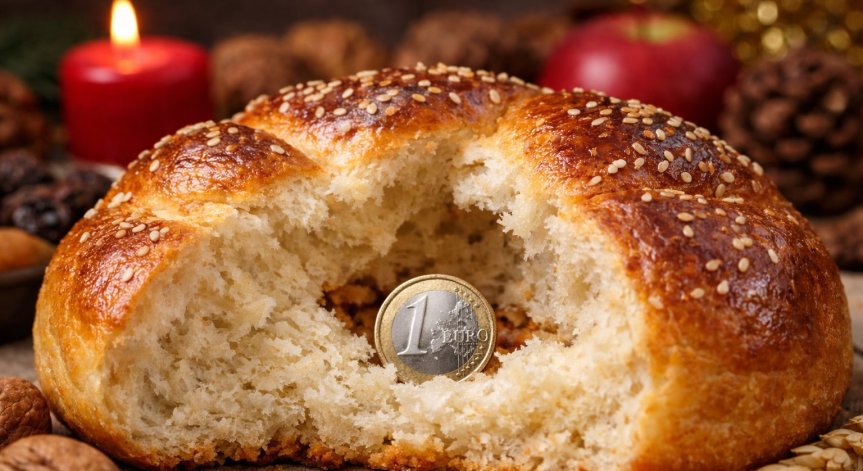



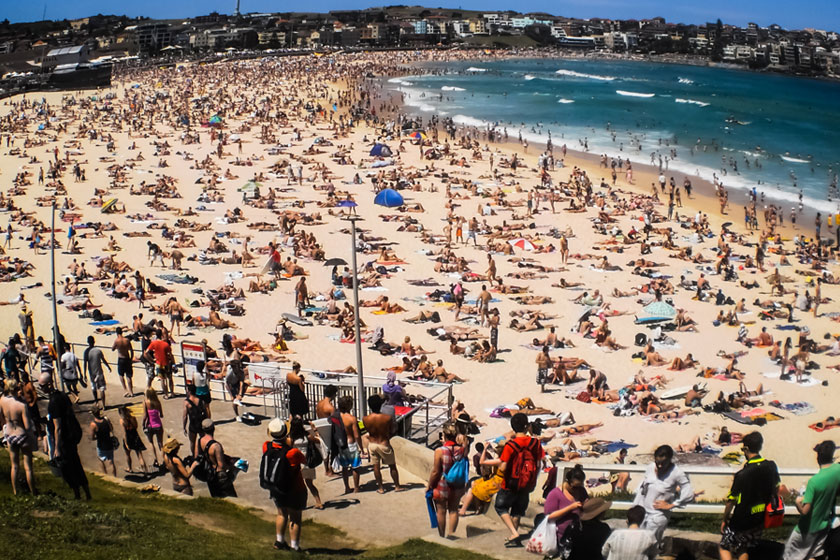
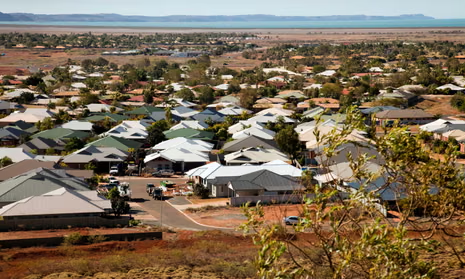
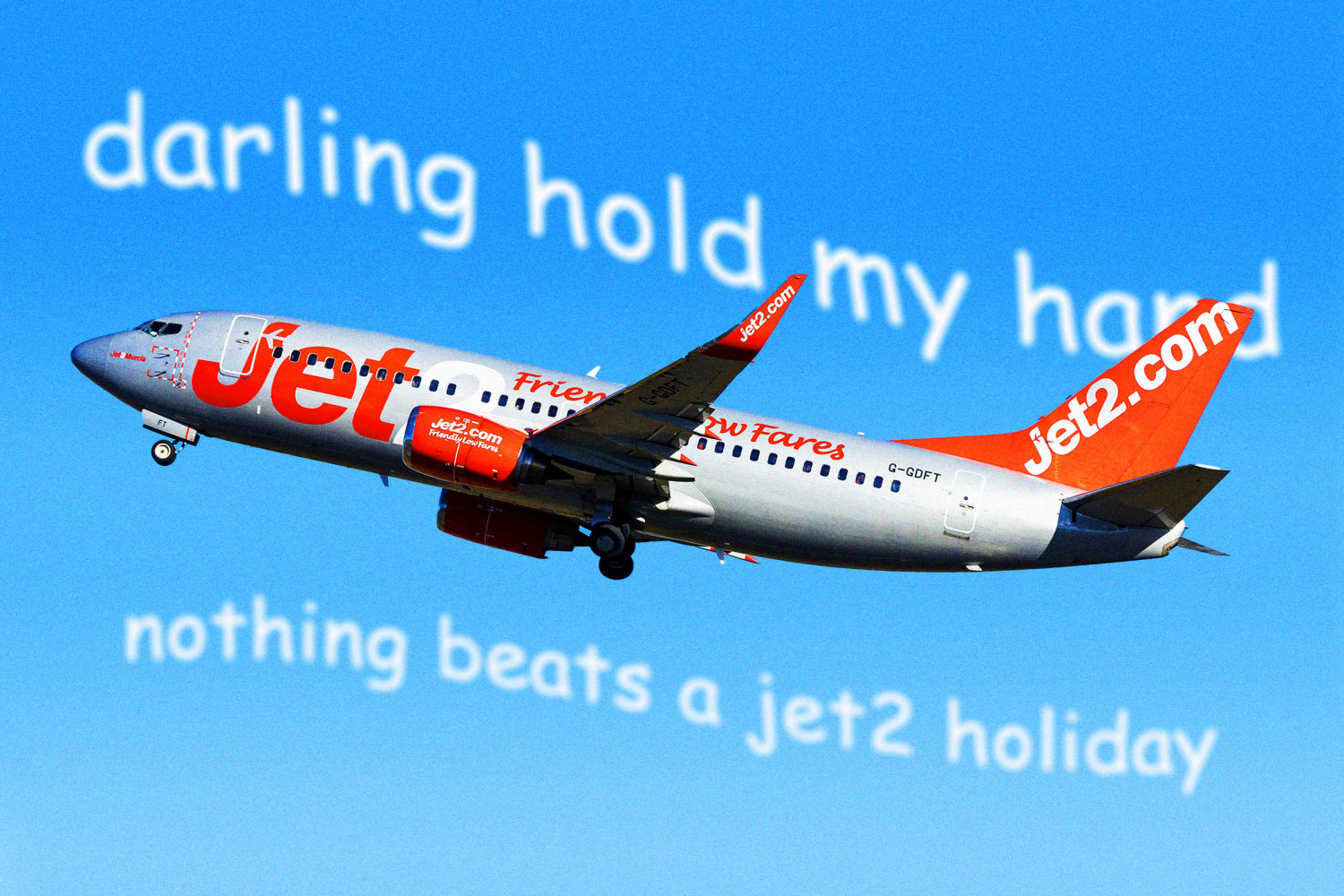
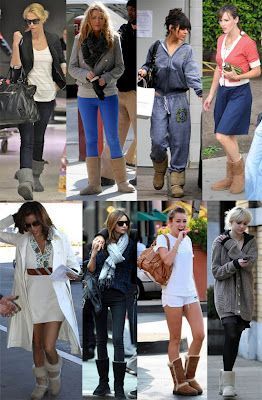




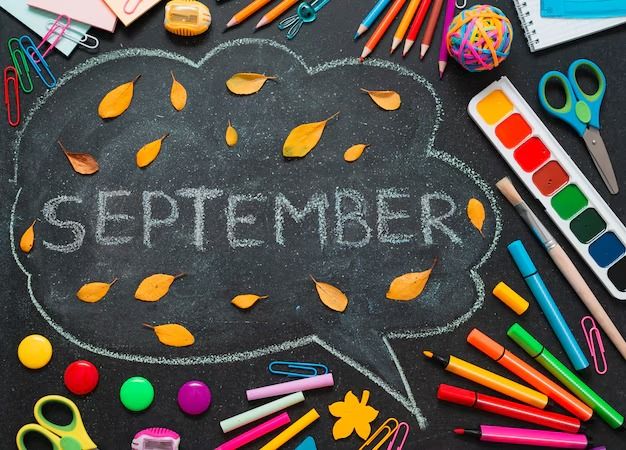

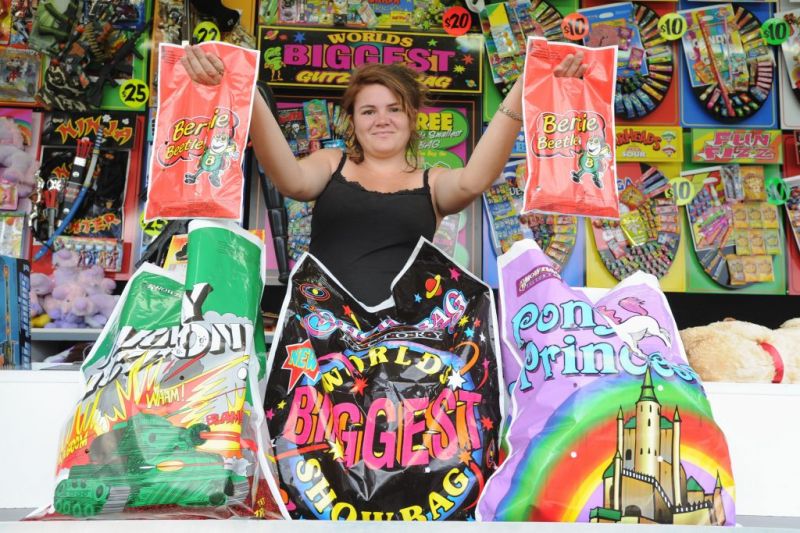
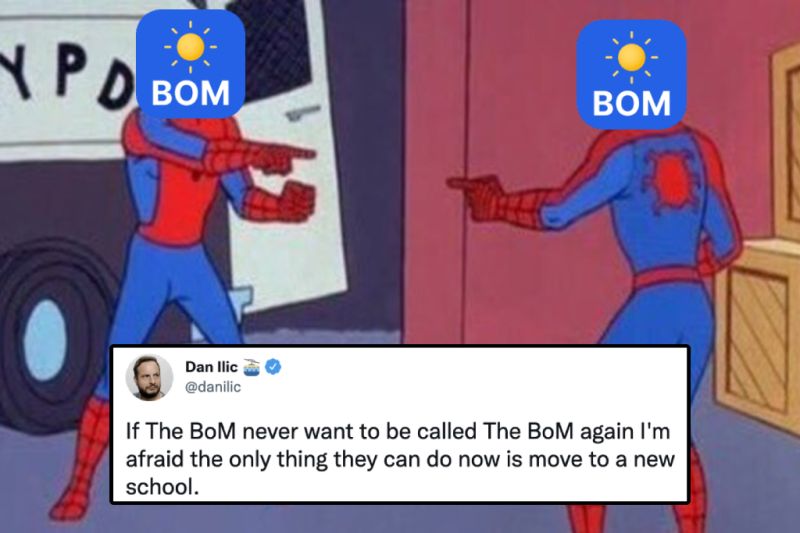
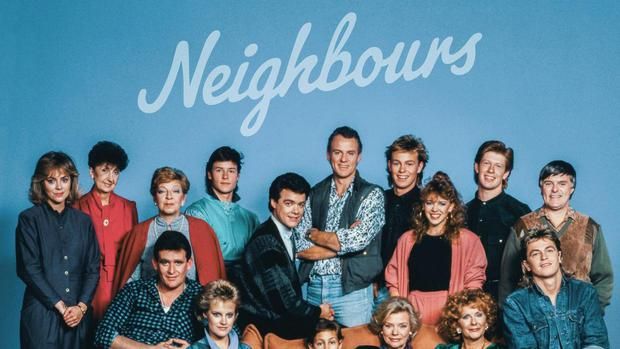









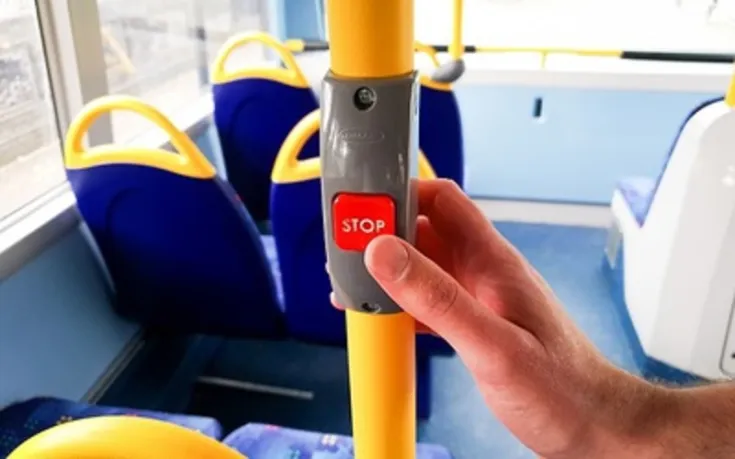









































.%20A%20day%20of%20campaigning%20%E2%99%80%20%E2%80%A6%20or%20a%20day%20to%20buy%20flowers%20%F0%9F%92%90.jpg)

